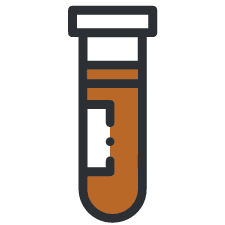Ativan, the brand name for lorazepam, is a benzodiazepine often prescribed for anxiety, insomnia, or seizures. While it can be effective, Ativan also carries a risk of misuse and dependence.
The National Institute on Drug Abuse (NIDA) reports that benzodiazepine misuse has risen in recent years, with nearly 30% of opioid-related overdose deaths also involving these medications.




